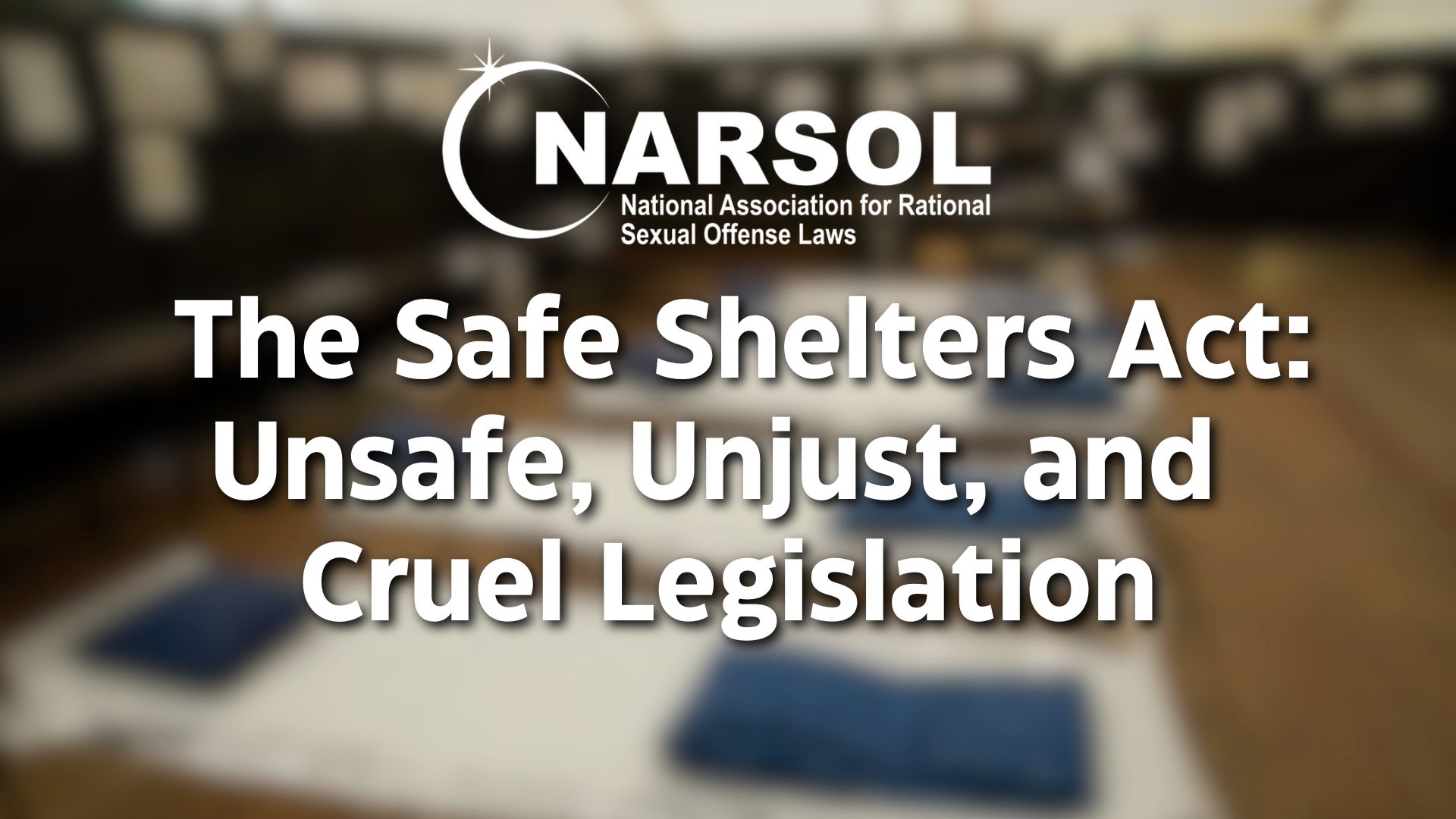And the loser is—free speech!
October 3, 2024 . . . CorrLinks, a private company that manages the federal prison email system, began as a pilot program in 2005. It has since then served as the primary method by which persons in custody in the federal Bureau of Prison (BOP) system send and receive emails from family and friends as well as access and receive information about employment and newsletters from legal, educational, and religious/supportive resources.
The format for newsletters from the beginning has been that groups of subscribers were created and could be emailed with email blasts directed to everyone in the group. A group could be as large as 1000. Now, effective October 1, 2024, a group can be no larger than ten (10).
For family members and friends, this will most likely make no difference. They use CorrLinks to correspond with one person. If someone knows several persons in custody in the BOP and wanted them each to receive the same information, they would create a group of three, or seven, or ten and send the same message to all of them with one email.
But for organizations sending legal, educational/informational, or religious/supportive newsletters, this makes a huge, huge difference. Prior to October 1, 2024, one email could be sent, and it would go to 1000 people. Now it will require 100 emails to get the same information to the same 1000 people.
Thomas Root of the highly respected Lisa Foundation lays the blame directly at the feet of BOP Director Peters. “The worst change – made at the request of unnamed ‘correctional agencies’ (undoubtedly Director Peters’ BOP) – is to limit group size to only ten names (1 pct of the [previous] total).”
He makes the purpose crystal clear. “The BOP has thus been able to do with computer science what it could not do with a direct ban on free speech, which is to cut off inmates from legal reporting services and advocacy, religious and educational groups.”
Regardless of who or why, this drastic move will see remarkable changes in many organizations, from allocating more volunteers or hiring more staff to deal with the enormous increase in time required for the same task to discontinuing their CorrLinks newsletters altogether.
“I hope everyone understands,” said Sandy Rozek, communications director of NARSOL (the National Assc. for Rational Sexual Offense Laws), “there is no doubt that the big loser in this is free speech and, of course, those who already live with so many losses in their lives—persons who are behind bars with little to no other access to the information that the rest of us take for granted every day. This is information that they need to get legal help and information, to learn how to advocate for themselves, and to receive spiritual support.”




